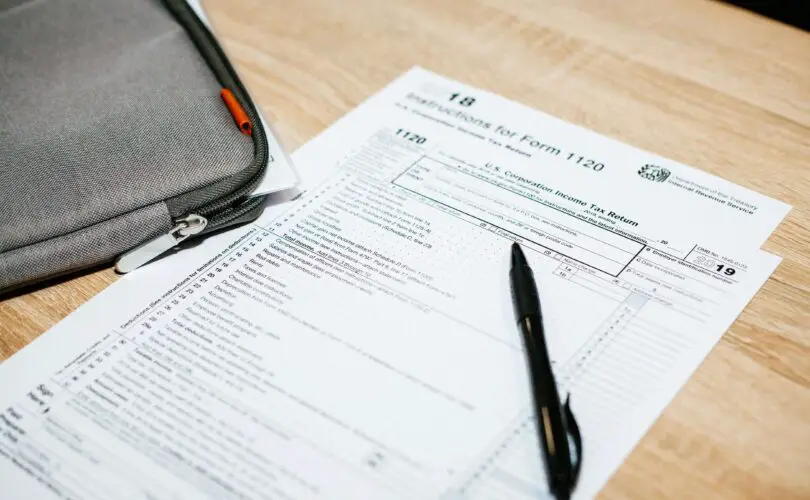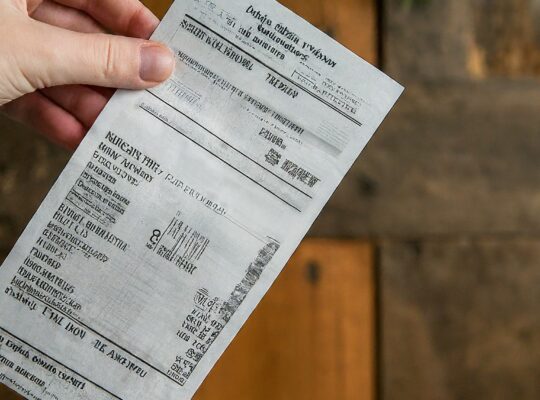Besides a tax preparer career choice being lucrative, multiple factors influence the amount of money that tax preparers make, either per client or in a month. Some of the key factors are:
Experience Level
As with any profession, the more experience you have, the higher the earning potential. Seasoned tax preparers who have been in the industry for many years often command higher fees. The major reason behind this is that they have honed their skills and built a reputation for delivering quality service.
Geographic Location
Tax regulations and market dynamics differ from one location to another. Due to this, the demand for tax preparation services and the rates charged by professionals are affected. In areas with higher costs of living, tax preparers charge higher fees to compensate for the increased expenses.
Complexity of the Tax Return
Some tax returns are straightforward, requiring minimal time and effort to complete. On the other hand, complex tax returns that entail multiple income sources, deductions, and credits are time-consuming and need a higher level of expertise. Hence, tax preparers handling complex tax situations charge higher fees for their services.
Tax Preparers Average Income
For tax preparers, income is calculated as an annual, hourly rate, or self-employed rate.
Concerning annual income, the Bureau of Labor Statistics holds that the median annual wage for tax preparers was $44,990 as of May 2020. With the figure representing the midpoint, half of the tax preparers might be earning less and half earning more.
On average, tax preparers earn around $21.64 per hour. While this is so, it is important to keep in mind that the number of billable hours varies depending on the time of year and the complexity of tax returns.
There are tax preparers who choose to work as independent contractors or start their own tax preparation business. The path offers the potential for higher earnings, as tax preparers get to set their own rates and take advantage of various tax deductions available to them. Besides the positive side of it, such entrepreneurs have to market their services, manage expenses, and build a client base.
Related Article: Is There Tax on Commercial Rent in Ontario
How Much Do Tax Preparers Make Per Client
Typically, tax preparers do not earn a set fee per client. Their income varies depending on factors like the employment model (working hourly or commission-based) or self-employed, experience and qualifications, and complexity of the client or tax situations.

Under the flat fee structure, the fee ranges anywhere from $100 to $500 or more depending on elements like location, experience, and the specific services provided. For the flat fee structure, the fee is constant regardless of the complexity of the tax returns. While using it, some prepares might decide to charge additional fees for extra services like tax planning or representation in case of an audit.
For tax preparers who have adopted the hourly rate system, the charge rate ranges from $75 to $300 or more. The reason why this payment structure has the lowest amount is because most clients have simpler tax situations.
In some cases, a percentage of the client’s tax refund might be opted as a fee by tax preparers. This approach is common for clients anticipating to receive a major refund. Typically, the percentage charged varies from 10% to 25% of the refund amount.
In response to how much do tax preparers make per client, the national annual average stands at around $49,550, and the average hourly rate stands at around $75 while for self-employment, owners pull in over $100,000 per tax season since this is a business.
How to Increase Earnings as a Tax Preparer
In order to increase earnings as a tax preparer, there are multiple helpful strategies that you can implement. They include:
Expanding your Skill Set
Expanding your skill set continuously and staying up to date with the latest tax laws and regulations positions you as an expert in your field. Hence, you need to specialize in niche areas or stay knowledgeable about specific industry-related deductions. This will assist you in attracting clients requiring specialized tax services and charge higher fees accordingly.
Offering Additional Services
Consider offering additional services, and diversifying your income streams. Services like tax planning, financial consulting, and bookkeeping provide opportunities to earn additional revenue. If you manage to become a trusted advisor for financial needs, you will end up building long-term relationships and securing repeat businesses.
Leveraging Technology
Get to embrace technology to streamline your tax preparation processes and increase your efficiency. Invest in tax software that automates calculations and assists in staying organized. Reducing time spent on manual data entry and repetitive tasks would enable you to take on more clients and ultimately increase your earnings.
Possible Ways for Additional Income
Money can never be enough, no matter how much you earn. Due to this, there are ways that tax preparers can use to supplement their earnings. They are:
Tax Education and Training
Tax preparers can consider offering tax education and training courses to people interested in learning how to prepare their own taxes. Many people prefer to independently handle their tax returns but they are unable to because they lack the information/know-how.

By sharing your knowledge and expertise, you get to generate additional income while empowering others to effectively navigate their tax obligations.
Writing and Speaking Engagements
Leverage your expertise by writing articles, blog posts, or even books on tax-related topics. Also, consider speaking engagements at conferences, seminars, or local community events. Such opportunities not only generate extra income but also create your credibility and expand your professional network.
Referral Programs
Implement a referral program that would reward clients who refer new business to you. Satisfied clients are often happy to refer their friends, family, or colleagues to a trusted tax preparer. Offering incentives like discounted services or cash rewards would motivate your clients to spread the word about your services. Ultimately, this would increase your clients’ base and income.
Tips for Setting Competitive Tax Preparation Fees
To attract clients and remain profitable, tax preparers have to set competitive tax preparation fees. Some tips to assist in determining competitive rates for your tax preparation services are:
Researching the Market
Get to research what other tax preparers in your area charge for their services. Have an understanding of the current market rates so that you can set competitive rates that are in line with the industry standards. Take into account elements like experience level, expertise, and specific services included in your pricing.
Overhead Costs
Calculate the overhead costs, like office rent, software subscriptions, and marketing expenses. Such costs ought to be factored into your pricing to make sure that your fees do cover your business expenses while allowing for a reasonable profit margin.
Value-Based Pricing
Consider implementing a value-based pricing model, where you charge based on the value provided to clients. This is an approach that takes into account the complexity of the tax return, the potential tax savings that you can help clients attain, and the overall benefit they receive from your services.
Value-based pricing would enable you to charge higher fees for clients with more complex tax situations, reflecting the value provided.
Conclusion
It is challenging to exactly determine how much tax preparers make per client. This is because of various factors like experience level, geographic location, and complexity of tax returns. Despite it being so, the national average that tax preparers earn per year is around $49,550 and around $75 per hour, per client.








